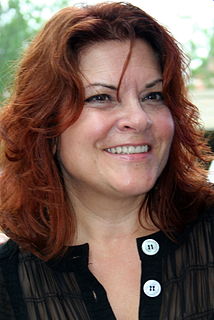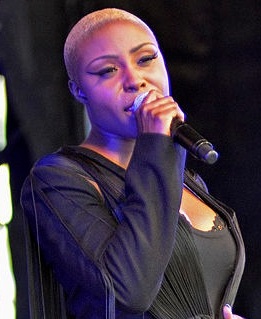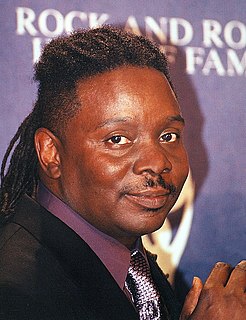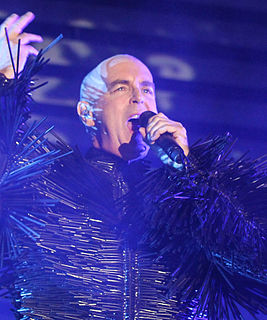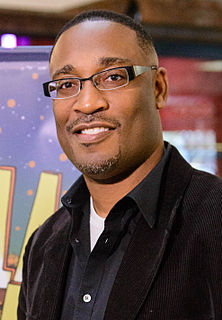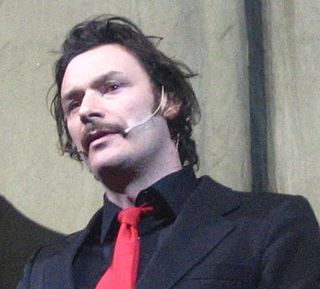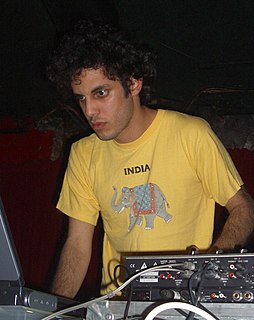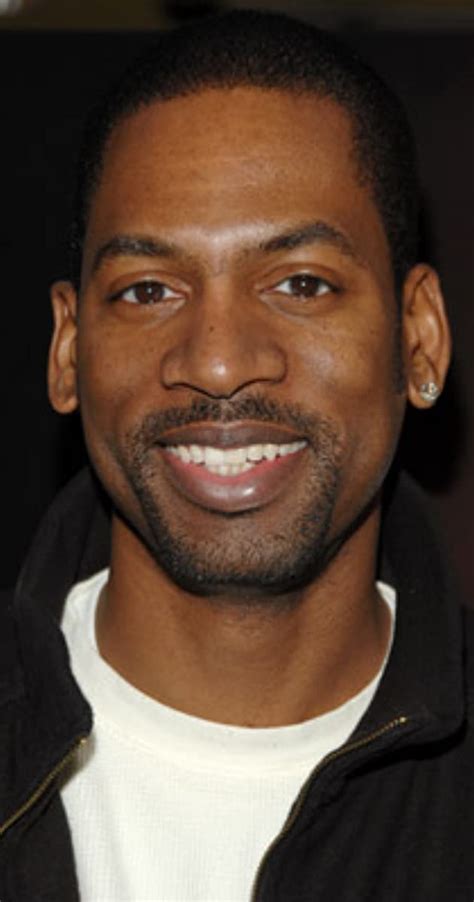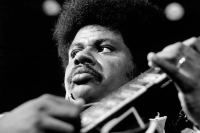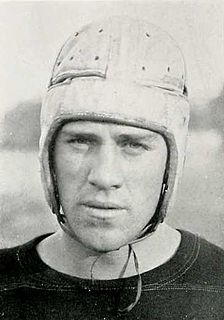A Quote by Dianne Reeves
My musical selections are a reflection of how I grew up. Because, back then, you could see Miles Davis and Ravi Shankar on the same stage. And nobody thought anything of it, other than the fact that it was great music.
Related Quotes
For me, a wake-up playlist completely depends on what mood I'm in. If I need to get into action pretty quick, it will be between Beyonce and Miles Davis. I'm a massive Beyonce fan, and all of her anthems will do it for me. And Miles Davis, because I grew up hearing his music because my dad played it a lot, so that will always be special to me.
When we came up, Clive Davis and other record execs would do anything to keep Miles Davis, Aretha Franklin, even Johnny Mathis intact, because they wanted to keep alive a musical legacy. As a result, those artists were able to spend 30 to 40 years in the business and still make a living, still have a fan base.
My first stand-up experience, like most comics, was horrible. I got booed offstage. I thought I was funnier than I was. But the walk from the back of the room to the stage was the most excited I'd ever been about anything in my life other than kissing a girl. That's how I knew I had to get back onstage and do it again.
I believe in knowing all you can about the music and the people who made the music. I think it's much more important to know some good Miles Davis stories than to know how to play like Miles. I think you'll play better if you know some of the funny things he did than if you know the licks that he played.

